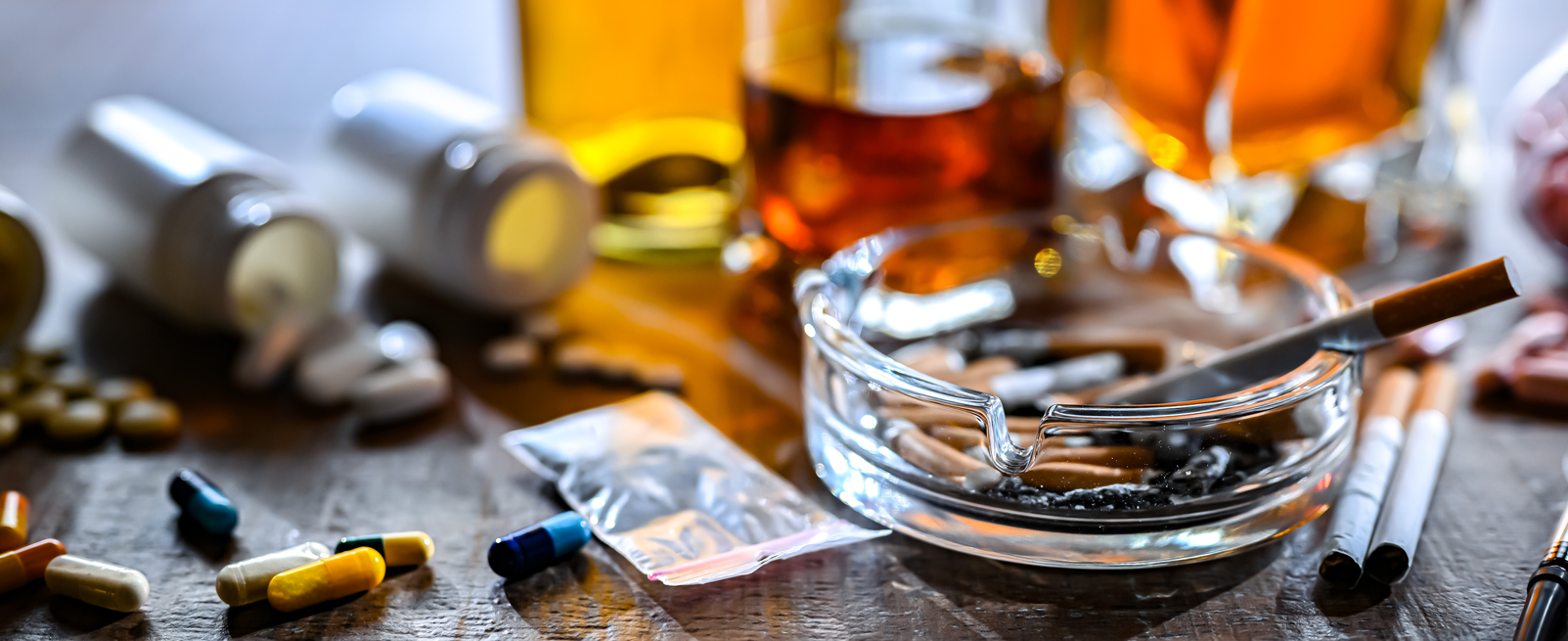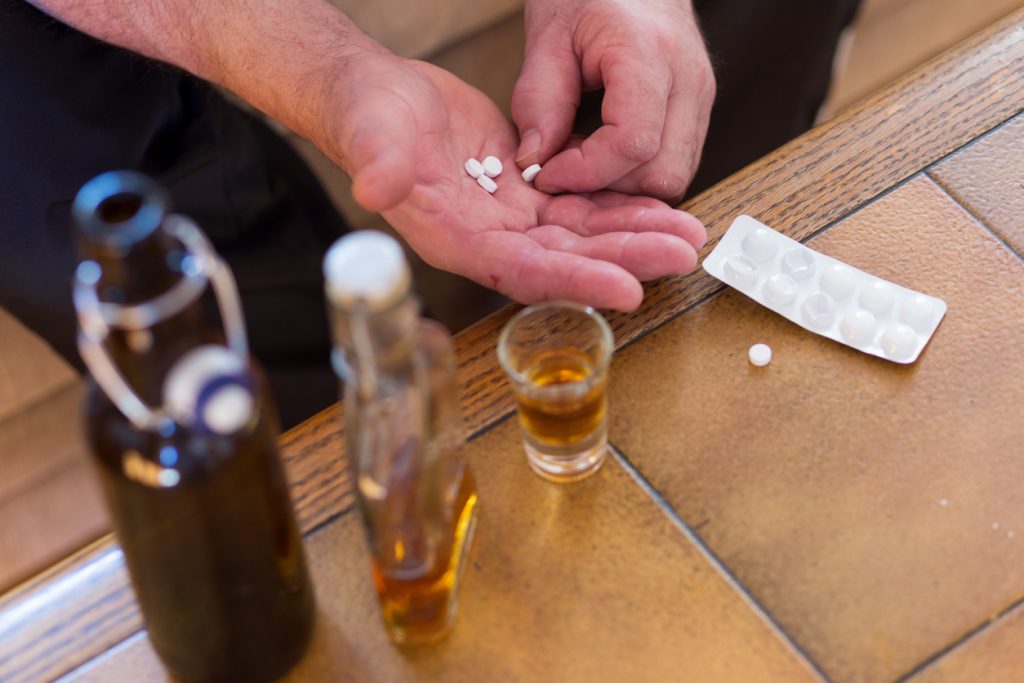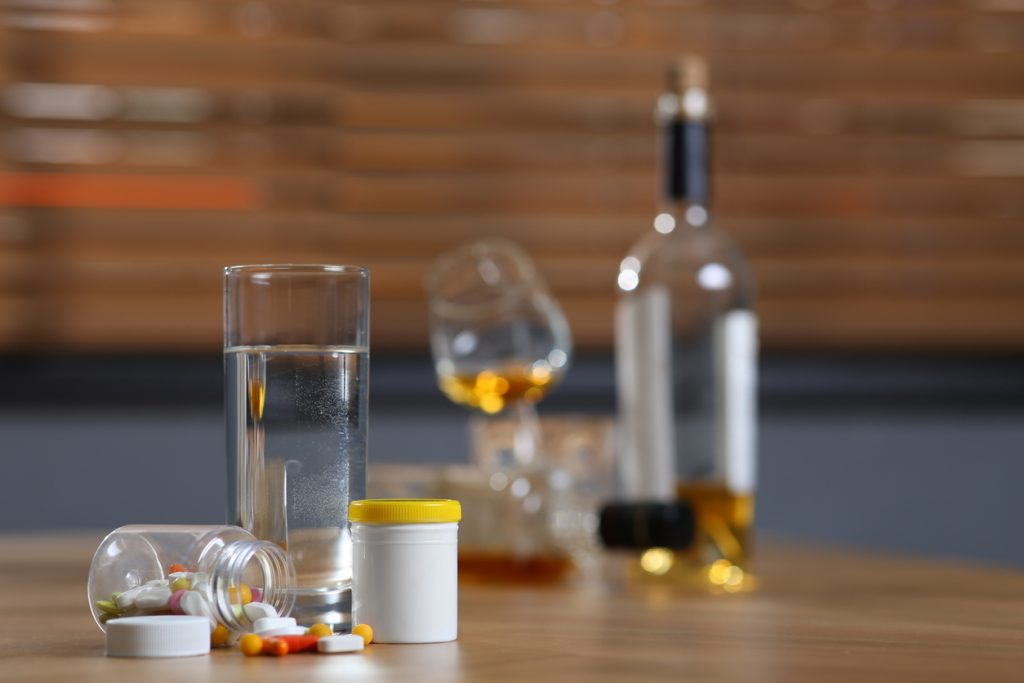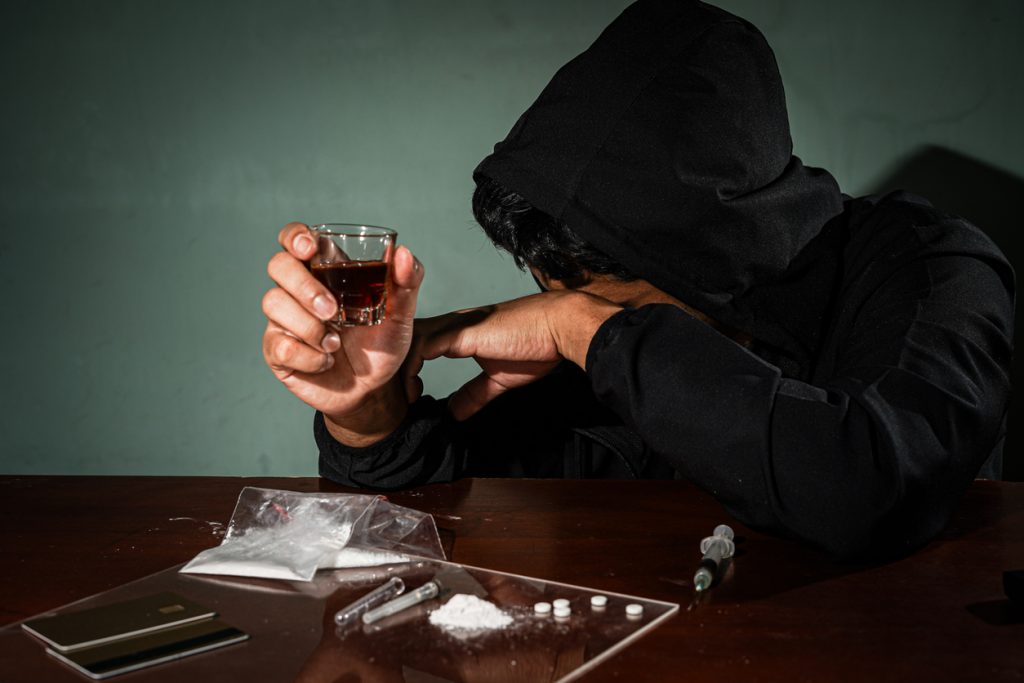- 5 Oct 2025

Understanding the Accusation of Drug and Alcohol Use During Probation
Probation is often granted as an alternative to jail time, but it comes with strict conditions that must be followed without exception. One of the most common violations involves drug and alcohol use during probation, and accusations of such conduct can quickly escalate into legal consequences. Courts view probation as a second chance, which means compliance is not optional. When an individual is accused of substance use during this period, the situation can jeopardize their freedom, reputation, and future opportunities.
Allegations do not automatically equal guilt, yet the burden of proving compliance often falls on the probationer. This makes it critical to understand how accusations are handled legally and what practical steps to take in response. By recognizing the procedures, risks, and possible defenses, anyone facing such claims can better navigate the process while minimizing potential consequences.
Why Drug and Alcohol Use During Probation Is Treated Seriously
Courts impose probation with the expectation that individuals will adhere to strict conditions, including abstaining from drugs and alcohol. Any allegation of drug and alcohol use during probation suggests a breach of judicial orders, which can undermine the court’s confidence in granting probation in the first place. Even a single failed drug test or observed use of substances can be treated as a violation with significant legal consequences. According to the U.S. Courts Probation and Pretrial Services guidelines on uscourts.gov, compliance with supervision requirements is a central expectation, and violations are addressed swiftly to protect public safety and reinforce accountability.
First Steps When Accused of Drug and Alcohol Use During Probation
Accusations can feel overwhelming, but immediate action is essential. The first step is acknowledging that probation conditions are enforceable and that every interaction with probation officers or the court matters. If accused of drug and alcohol use during probation, individuals should avoid making impulsive admissions that could be used against them. Instead, they should carefully review the allegations to understand whether the claim is based on a failed test, observed behavior, or secondary reports.
Another crucial step is requesting clarification of the evidence presented. Probation violations are not criminal charges in themselves, but they can lead to harsher penalties if proven. Knowing what type of evidence is being relied upon allows the accused to prepare a stronger response and determine whether the allegations are legitimate or the result of a mistake.
Evidence and Testing in Drug and Alcohol Use During Probation Cases
Testing procedures play a central role in allegations of drug and alcohol use during probation. Probation officers may rely on urine tests, breathalyzers, hair follicle tests, or random screenings to monitor compliance. While these methods are common, they are not infallible. False positives, procedural errors, or contaminated samples can sometimes lead to accusations that do not reflect reality.
When defending against allegations, it is important to review how the test was administered and whether proper chain-of-custody protocols were followed. Courts have overturned probation violations when testing methods were flawed or improperly documented. Challenging questionable evidence is a legitimate step that can make a significant difference in outcomes.
Legal Consequences of Violating Conditions Through Drug and Alcohol Use During Probation
If the court believes a violation occurred, consequences can vary depending on the jurisdiction, prior history, and nature of the substance use. Some probationers may face mandatory treatment programs, while others risk jail time. Judges may revoke probation entirely, requiring the individual to serve the original sentence in custody.
The risks extend beyond incarceration. Accusations of drug and alcohol use during probation can harm future legal proceedings, employment prospects, and community relationships. Employers and licensing boards often view probation violations as evidence of unreliability, which can have long-term effects on career opportunities.
For more detailed insights into the risks associated with probation violations, resources such as the risks of drug or alcohol use during probation or parole provide valuable perspectives on the dangers of noncompliance.
Building a Defense Against Accusations of Drug and Alcohol Use During Probation
Defending against accusations requires a careful approach. Individuals should gather evidence that supports compliance, such as records of treatment programs, clean test results, or witness testimony. Documenting steps taken to follow probation terms demonstrates commitment and may sway judicial discretion.
Another key defense involves questioning the reliability of testing methods. If a probationer can demonstrate that the evidence is weak or flawed, the court may choose a less severe sanction or dismiss the allegation altogether. In some cases, courts may allow probationers to undergo additional voluntary testing to confirm sobriety, which can strengthen their position.
The Role of Probation Officers in Accusations of Drug and Alcohol Use During Probation
Probation officers act as supervisors and enforcers of court orders, but their reports carry significant influence. When they suspect drug and alcohol use during probation, they can file violation reports that prompt hearings. These reports are not final judgments, but courts often give weight to officer observations.
Maintaining open and respectful communication with probation officers can make a difference. Probationers who demonstrate a consistent willingness to comply, even when accused, may benefit from reduced penalties. While officers cannot dismiss violations on their own, their recommendations often shape judicial outcomes.
Probation Hearings and the Burden of Proof in Drug and Alcohol Use During Probation Cases
Probation violation hearings differ from criminal trials. The burden of proof is lower, meaning the state does not need to prove guilt beyond a reasonable doubt. Instead, they must show that it is more likely than not that drug and alcohol use during probation occurred. This lower threshold makes defending against accusations more challenging.
Still, the accused has the right to present evidence, question witnesses, and challenge the evidence brought against them. Having a clear strategy that highlights compliance efforts and undermines unreliable evidence is often the most effective approach.
Alternative Outcomes for Drug and Alcohol Use During Probation Accusations
Not all accusations result in severe punishment. Courts may order counseling, treatment, or community service instead of incarceration. In some cases, judges may modify probation conditions rather than revoke them entirely. These alternatives are often applied when the accused demonstrates responsibility and willingness to comply moving forward.
Courts are more likely to consider alternatives when the violation is minor or when mitigating circumstances exist. For example, if a probationer shows active participation in rehabilitation programs, judges may view this as a positive indicator of future compliance despite an accusation of drug and alcohol use during probation.
Preventing Future Issues Related to Drug and Alcohol Use During Probation
The best defense is prevention. Individuals on probation should prioritize avoiding environments where substance use is common and remain vigilant about the conditions set by the court. Participating in treatment programs, support groups, or counseling can provide structure and accountability that helps prevent further allegations of drug and alcohol use during probation.
Maintaining thorough records of compliance—such as attending required programs or consistently passing tests—can serve as valuable evidence if future accusations arise. Courts often respond positively to probationers who demonstrate genuine commitment to rehabilitation.
Final Thoughts on Handling Accusations of Drug and Alcohol Use During Probation
Facing allegations of drug and alcohol use during probation can be intimidating, but it is not an insurmountable challenge. Understanding the seriousness of the accusation, knowing the rights available during probation hearings, and preparing a clear defense are critical steps in minimizing potential consequences. By responding strategically, probationers can protect their freedom and show the court that they are committed to compliance.
Recent posts
- 5 Oct 2025
- 3 Oct 2025
- 3 Oct 2025
Categories
- Accident & Injury Law (54)
- AI (1)
- Copyright Law (1)
- Criminal & Civil Law (17)
- Disability Law (2)
- Driving Law (2)
- Employment Law (1)
- Estate Planning (2)
- Family & Relationship Law (29)
- Food and Drink (2)
- Gas Exposure (1)
- Health (1)
- Immigration Law (2)
- Injury Claim (1)
- Insurance Law (7)
- Legal (40)
- Lemon Law (4)
- Mediation (3)
- Medical Malpractice (1)
- Property & Business Law (9)
- Severance Agreement (1)
- Travel and Leisure (1)
- Uncategorized (8)
- Worker Compensation (2)



